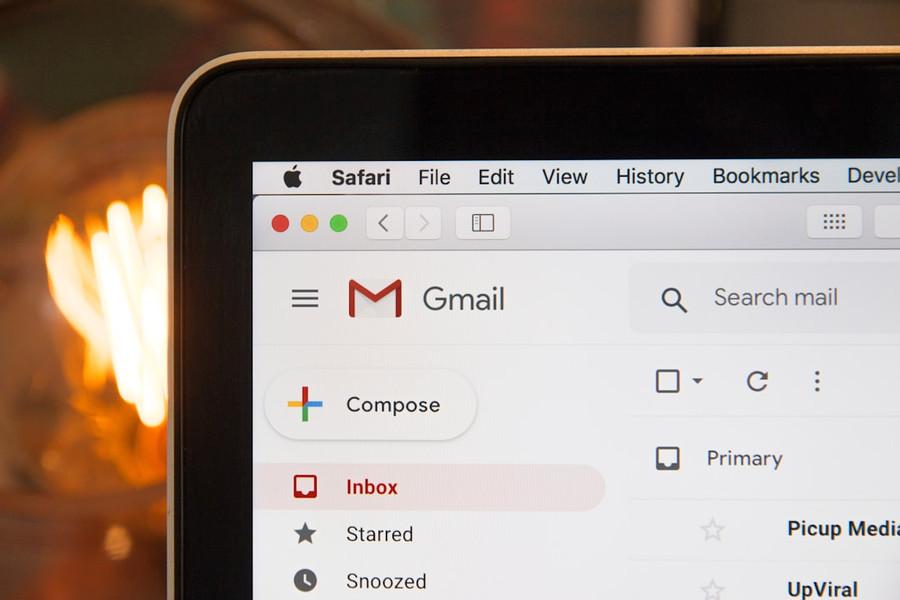Email scams are getting more personal – they even fool cybersecurity experts
Curated from: theconversation.com
1
Explore the World's Best Ideas
Join today and uncover 100+ curated journeys from 50+ topics. Unlock access to our mobile app with extensive features.
Online Scammers Are Getting Smarter
We all like to think we’re immune to scams. We scoff at emails from an unknown sender offering us £2 million, in exchange for our bank details. But the game has changed and con artists have developed new, chilling tactics. They are taking the personal approach and scouring the internet for all the details they can find about us.
Scammers are getting so good at it that even cybersecurity experts are taken in.
5
22 reads
The Email From A Scammer Posing As A Senior Employee
Psychologists who research obedience to authority know we are more likely to respond to requests from people higher up in our social and professional hierarchies. And fraudsters know it too.
Data from Google Safe Browsing shows there are now nearly 75 times as many phishing sites as there are malware sites on the internet. Almost 20% of all employees are likely to click on phishing email links, and, of those, a staggering 68% go on to enter their credentials on a phishing website.
5
21 reads
The Big Email Scam
Globally, email spam cons cost businesses nearly US$20 billion (£17 billion) every year. Six out of ten mid-sized business in the UK were victims of fraud in 2020, suffering average losses of £245,000.
Targets are normally chosen based on their rank, age or social status.
Fraudsters are using spam bots to engage with victims who respond to the initial hook email. The bot uses recent information from LinkedIn and other social media platforms to gain the victim’s trust and lure them into giving valuable information or transferring money.
5
19 reads
Spear Phishing
Social media is making it easier for scammers to craft believable emails called spear phishing. The data we share every day gives fraudsters clues about our lives they can use against us. It could be something as simple as somewhere you recently visited or a website you use. Unlike general phishing (large numbers of spam emails) this nuanced approach exploits our tendency to attach significance to information that has some connection to us. When we check our full inbox, we often pick out something that strikes a chord. This is referred to in psychology as the illusory correlation.
5
20 reads
Be Careful
One simple way to avoid being tricked is to double-check the sender’s details and email headers. Think about the information that might be out there about you, not just about what you receive and who from. If you have another means of contacting that person, do so.
We should all be careful with our data. The rule of thumb is if you don’t want someone to know it, then don’t put it online.
The more advanced technology gets, the easier it is to take a human approach. If something doesn’t feel right, pay attention.
5
18 reads
IDEAS CURATED BY
Milo 's ideas are part of this journey:
Learn more about marketingandsales with this collection
How to create a strong portfolio
How to network and market yourself as a designer
How to manage time and prioritize tasks
Related collections
Similar ideas
6 ideas
Best Practices to Protect Your Business from Fraud – Business
business-opportunities.biz
2 ideas
Read & Learn
20x Faster
without
deepstash
with
deepstash
with
deepstash
Personalized microlearning
—
100+ Learning Journeys
—
Access to 200,000+ ideas
—
Access to the mobile app
—
Unlimited idea saving
—
—
Unlimited history
—
—
Unlimited listening to ideas
—
—
Downloading & offline access
—
—
Supercharge your mind with one idea per day
Enter your email and spend 1 minute every day to learn something new.
I agree to receive email updates





